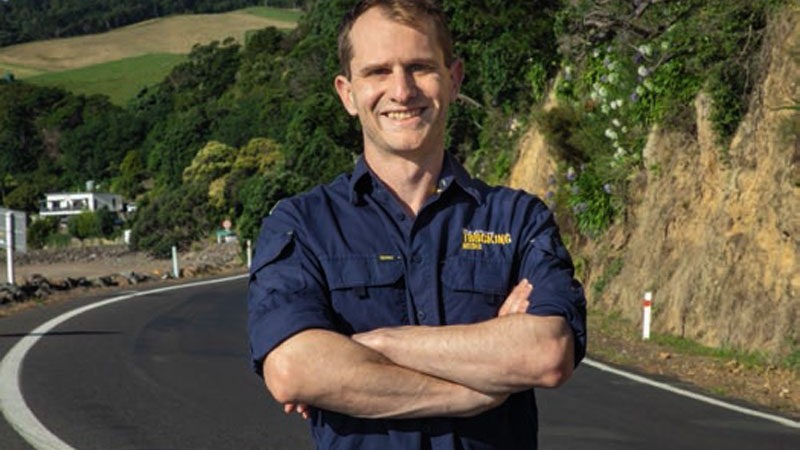
The spectre of an ailing workforce again reared its head this week. While Newshub and TVNZ have suffered catastrophic job losses, raising serious questions as to the future of New Zealand’s media landscape, our own industry has suffered a blow with surprise changes to immigration settings that have left many scratching their heads.
Immigration Minister Erica Stanford’s announcement of immediate changes to the Accredited Employer Worker Visa (AEWV) scheme has clearly struck a nerve with the trucking industry – as it should have. In it, Stanford announced the closure of the Work to Residence pathway for bus and truck drivers established a year ago, as “the shortages of drivers reported when this was established have been filled”.
While that may be so, I’d be very surprised if the number of unfilled roles remained stagnant. We’re continually dealing with trucking and industry-related companies of all types, and the general sentiment around its workforce hasn’t seemed to have changed. There just isn’t enough work-ready skill within the country’s borders to meet demand. Yes, steps can and must be taken to change that, but it still leaves a hole to fill now.
Both NRC’s Justin Tighe-Umbers and Transporting New Zealand’s Dom Kalasih have put forward compelling commentary from the industry’s perspective, so I’ll stop short of repeating many of their points here.
What I will add is some comment from my own perspective as someone who’s gone through the wringer, uprooting a fairly settled life supporting the Springboks and the Proteas, and followed the opportunity to take up a role the team behind New Zealand Trucking was desperate to fill for some time. The commitment, faith and stress – for the immigrant worker and the employer – to make it all happen shouldn’t be underestimated. It’s a huge ordeal, mentally and emotionally demanding, and I’m confident in saying nobody goes down that path lightly. The easier it is for everyone involved, the better.
That said, I understand there can’t be a free-for-all flow through open gates, that there’s a need to attract the right skills, and that charity begins at home. But some realities aren’t going away.
New Zealand is a small country with a small population that’s growing slowly. Local skills are continually heading overseas to take advantage of more attractive options. And it’s a global world; people constantly move around and follow opportunities. They always have.
Sure, looking after its own should be a priority for any government, but it seems like more needs to be done to drive the workforce into areas of the economy where it’s needed – and then for those industries to retain their people long term. It’s a challenging situation that requires open minds and willing ears, and it’s not going away anytime soon.
Take care out there,
Gavin Myers
Editor
Read more
Keeping up with the times
0 Comments4 Minutes
In the weeds
1 Comment4 Minutes



